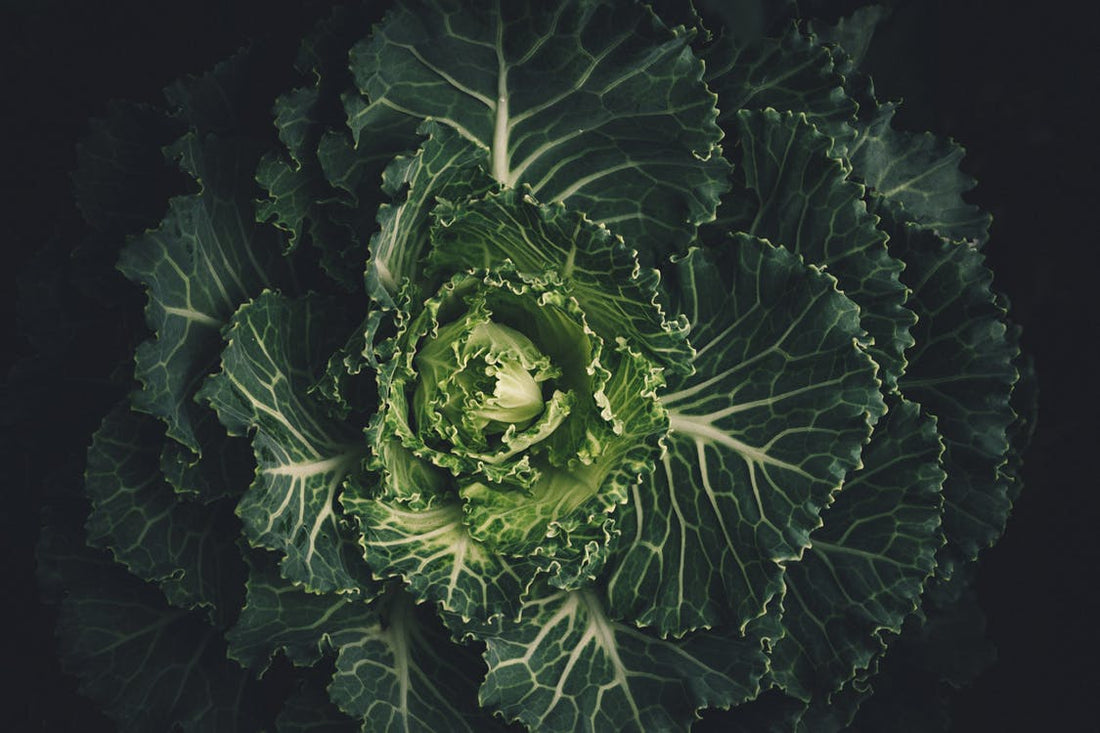It’s cheap, you can get it anywhere, and it’s filling. What is it? Cabbage
Cabbage is so often overlooked at the grocery store in favor of brighter, more exciting options, but here are a few things you might not know about cabbage that might convince you to notice it next time you go to the store.
Cabbage is chock full of vitamins and nutrients.
Cabbage has high amounts of Vitamin C(54%dv),and K(85% dv). Vitamin C is essential for wound healing, it repairs and maintains cartilage, maintains bones and teeth, and forms an important protein used to make skin, tendons, ligaments, and blood vessels. Vitamin K is the vitamin you need to prevent blood clotting, and has been shown to prevent clogged arteries as well.
Cabbage is also high in minerals such as calcium, magnesium, and potassium. Calcium is essential for bone growth and cell regeneration, magnesium is great for supporting a healthy immune system, keeps the heart beat steady, and helps bones remain strong. It also helps regulate blood glucose levels and aid in the production of energy and protein. The University of Maryland says potassium is crucial to heart function, and plays a key role in skeletal and smooth muscle contraction, making it important for normal digestive and muscular function.
Cabbage may prevent cancer
Cabbage is full of sulforaphane a compound found in cruciferous vegetables which has been increasingly found to delay or impede cancer. Cabbage also has a chemical called apigenin, which has been found, in a study from the University of Missouri, to effectively treat breast cancer.
Eat it fermented and get even more benefits.
When cabbage is fermented, you can make either sauerkraut or kimchi. Put simply, when cabbage is fermented, bacteria is added which breaks down the sugars and turns them into lactic acid. Lactic acid fermentation can increase the nutritional value of the food by making the nutrients more bioavailable. For example, when cabbage is fermented it contains 200 times more vitamin c than it does raw.
Also, the bacteria present in fermented cabbage is a rich source of probiotics. Probiotics have been found to be essential for a healthy GI tract, which in turn helps support a healthy immune system, absorption of vitamins and minerals, skin health, mental health, and weight management.
Make your own
While natural sauerkraut and kimchi are beginning to show up in the grocery store, it will always be cheaper, and sometimes healthier, to make your own. Follow these simple recipes, and enjoy.
How to Make Cabbage Kimchi: Click Here
How To Make Homemade Sauerkraut in a Mason Jar: Click Here


